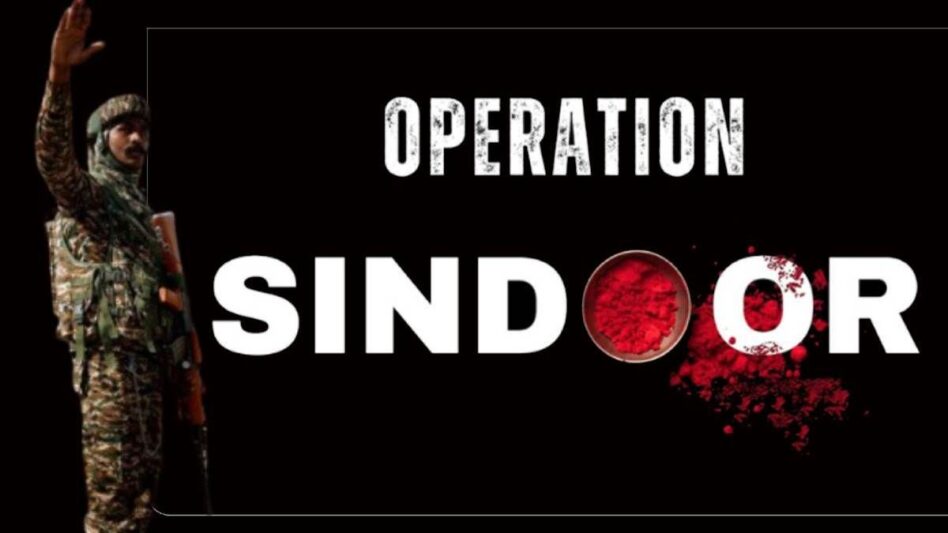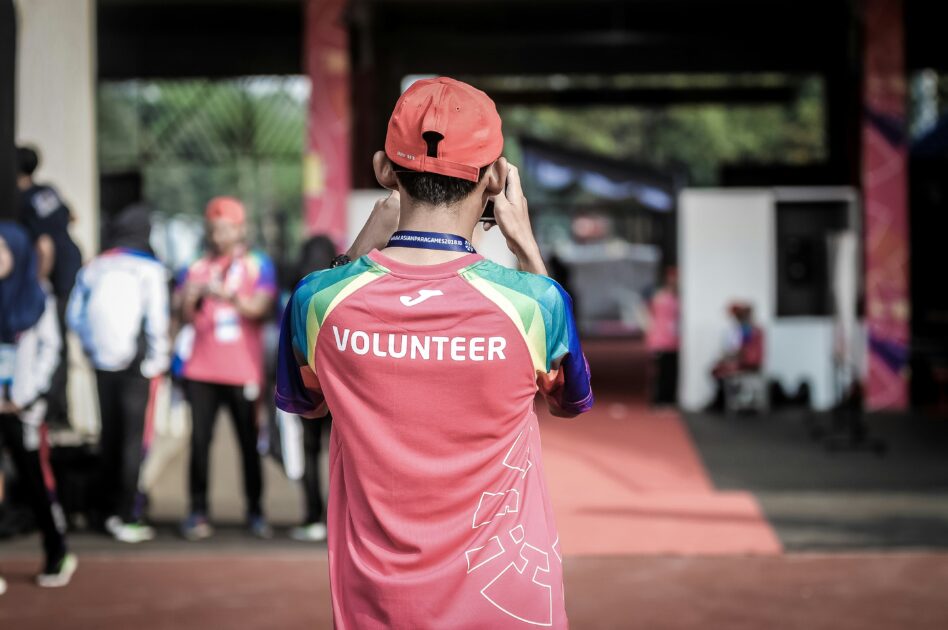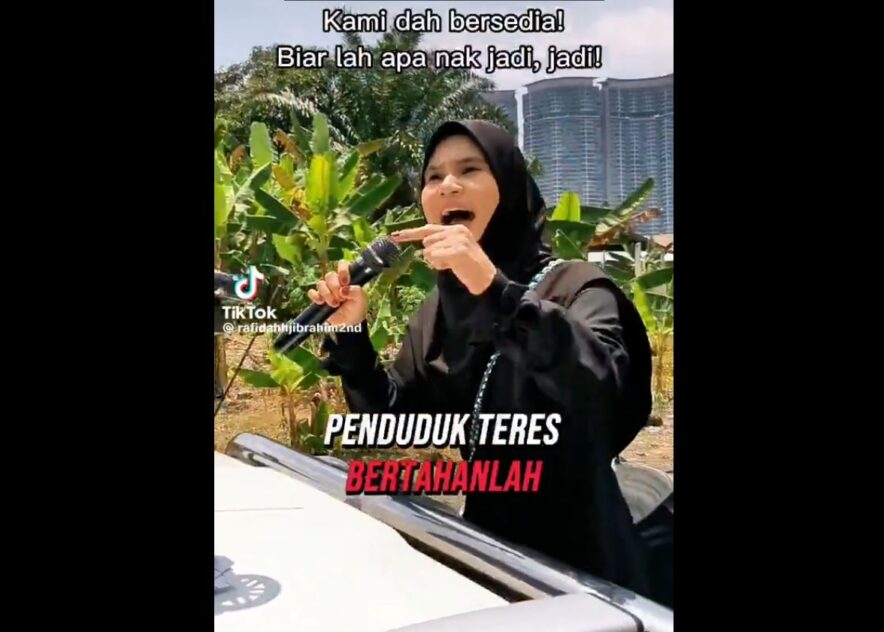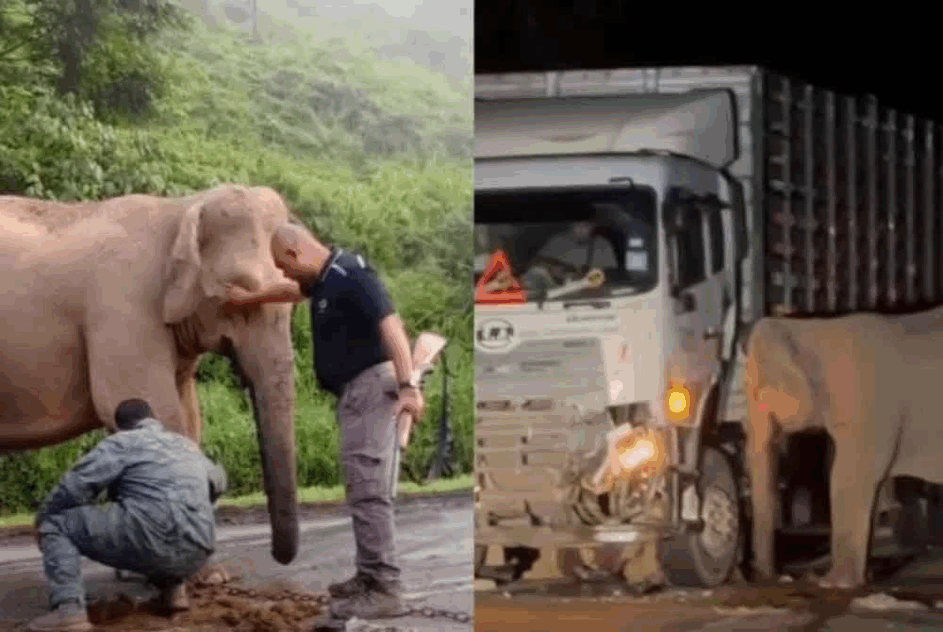IN 2020, there were 4,634 road fatalities with 804 deaths or 17% that involved drivers and bikers above 61.
Within the first eight months of 2021, 2,888 people died in road accidents with 2,075 involving motorcycles, 450 in cars, 53 in four-wheel drive vehicles, one in a bus, 54 cyclists and 168 pedestrians.
Federal traffic police chief Datuk Azisman Alias, who is also the Traffic Investigation and Enforcement Department director at Bukit Aman, recently proposed that all elderly motorists be tested before they are allowed to renew their competent driving licence (CDL).
A similar requirement has long been applied on all commercial vehicle drivers.
Those who drive buses and taxis are required to pass a medical examination before their public service vehicle (PSV) licences could be renewed, and goods driving licences (GDL) for those handling lorries and cargo vans.
Although the necessity of having a GDL or PSV licence had deterred drivers with just a CDL to drive commercial vehicles, it has not contributed much to road safety.
This is because vocational driving licences could be renewed easily, often with forged doctors’ signatures and rubber stamps, or without proper medical examination.
Therefore, it is premature to introduce aptitude or cognitive tests for elderly drivers without first tightening existing loopholes.
It would be naïve to think that complex issues, such as road safety, could easily be addressed by expediently pressing a few buttons.
Moreover, it would be unfair to single out drivers who are senior citizens and are treasured as warga emas because many have gained a lifetime of experience and wisdom.
Subjecting them to annual tests is as good as treating them as products that are at the end of useful life, waiting to be discarded.
While I agree that some elderly folk should not be driving or biking, the same can be said for many others in all age groups, including those below 16.
Just like there are good and bad people in every race, religion or country, there are good and bad drivers, regardless of age or gender.
And those highly skilled or alert may still be driving recklessly because of bad attitude or through force of habit, such as always rushing when there is ample time to reach a destination.
If drones are used to track the movement of vehicles, the majority of drivers would be found committing many traffic offences in a trip such as exceeding city speed limit, blocking others from overtaking, tailgating, cutting double lines and jumping red lights.
Ironically, many traffic offences are recorded daily by large number of CCTV cameras mounted on streetlamp poles, but they are mainly used for fighting crime.
Instead of spending huge sums of money to install CCTVs nationwide to deter and capture traffic offences, I had been proposing since 2003 that such surveillance be privatised.
Many concessionaires could be appointed to hire mobile camera crews and station them at strategic spots to record traffic violations and videos forwarded to the authorities for action.
This way, the authorities do not have to wait for funding while billions of ringgit would flow into government coffers from the fines collected minus the concessionaires’ commissions.
But such an open and transparent system does not enrich cronies.
Instead, the Automated Enforcement System (AES) was introduced in 2012 but turned into a fiasco with the appointment of two concessionaires and later replacing them with another.
In later years, I have called on the powers that be to make use of the millions of motorists that could be roped in to record traffic offences using dashboard cameras (dash cams).
But the elephant in the room is the huge number of traffic summonses and fines issued by the police, road transport department, city halls and municipal councils.
Millions of summonses remain unsettled or fines unpaid even after regular offers of discounts as vehicle owners were able to renew the road tax and drivers their CDL, or blacklisted vehicles could still be running without road tax and motorists with expired or no CDL.
For motorists who could easily afford to pay the RM300 or less fines, they have little fear of being summoned, which could be settled through on-the-spot bribery or paying the fine later.
But everyone would be afraid to go for a test when their licence is on the line. Such an exercise can be stressful even to those regarded as competent.
Apart from written test, trainees are required to pass an interview and comment intelligently on the slides shown and the passing scenery on board a running tour bus.
Back in the day, course participants received little practical training and normally half would fail in exams, whereas one third of practising guides that attended refresher courses failed.
Today, if all licensed guides are required to take the practical exams again, half are likely to fail as what they have learned long ago are outdated or what they say may be inaccurate.
Mercifully, the suggestion by Azisman was quickly shot down by Inspector-General of Police Datuk Seri Acryl Sani Abdullah Sani and deemed discriminatory by Transport Minister Datuk Seri Dr Wee Ka Siong.
However, all these are based on media reports, which may not be correct or conflicting.
In Bernama’s report, the police have proposed for the Government to limit the issuance of motor vehicle licences, commonly known as road tax, to senior citizens.
If so, this would be even worse as vehicles owned by senior citizens could be driven by the children or grandchildren.
Transferring ownership would be a hassle as the vehicle need to be inspected at Puspakom and the motor insurance with no claim discount of up to 55% is not transferable.
In any case, depriving citizens their licences to drive a car or ride a bike is like chopping off one of their legs, as most people do not live where public transport is easily available.
Even when public transport services are regular and reliable, there may be little or no connectivity for the first and last mile.
Hopefully, no smart alec would in future single out senior citizens to address a whole host of problems and cause them unnecessary stress. – Sept 27, 2021.
YS Chan is a master trainer for Mesra Malaysia and an Asean Tourism Master Trainer. He is also a tourism and transport business consultant and writer, and researcher for the Travel Industry Occupational Framework published by the Department of Skills Development.
The views expressed are solely of the author and do not necessarily reflect those of Focus Malaysia.









